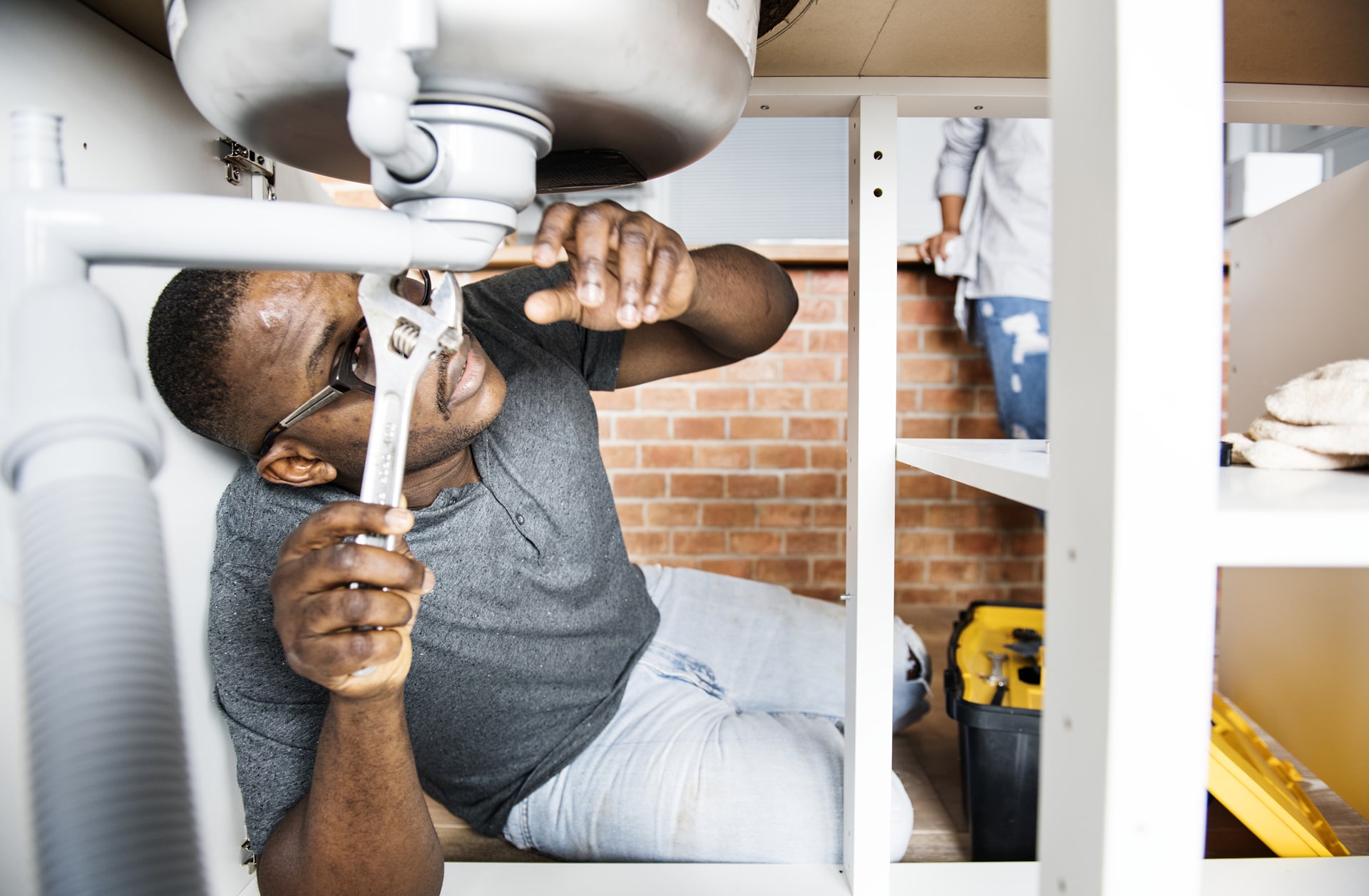Innovative Solutions for Small Area Plumbing

Living in a cozy space often requires getting creative with all aspect of your life, which includes plumbing. If you’re dealing with a tiny apartment or a small house, water challenges can happen just like in bigger homes. However, with the proper knowledge and tools, even the most frequent water problems can be handled effectively. From knowing how to shut off your water in an urgent situation to knowing when it is appropriate to call a plumbing professional, this guide will guide you through practical and clever answers to maintain your compact area operating efficiently.
In the world of plumbing, issues like clogged drains or low flow pressure can be especially frustrating in tight spaces. Residents often ask about the best ways to care for their water systems while maximizing their small space. We’ll cover preventative measures, maintenance hints, and even seasonal lists to ensure that your water system remains in excellent condition year-round. By learning about the details of compact area waterworks, you will not only be prepared for emergencies but also be able to take informed decisions about possible improvements and renovations.
Common Pipe Issues plus Resolutions
One of the most usual plumbing problems homeowners encounter is a clogged drain. This issue can arise from various factors such as grease growth, threads accumulation, or foreign objects. To tackle this, it’s essential to consistently use a drain cover to catch debris and sometimes flush drains with hot water or a mixture of baking soda and vinegar to prevent buildup. If the clog persists, a plumbing snake or plunger can offer a DIY solution before considering expert assistance.
Another common issue is low water pressure, which can affect daily tasks like showering and cleaning dishes. The causes of low water pressure can range from a secret leak in the plumbing system to sediment buildup in your faucets and devices. Homeowners can check for signs of leaks to tackle any underlying issues and clean aerators and showerheads to restore optimal flow. If the problem continues, consulting a plumber might be necessary to inspect the main supply line.
Lastly, homeowners often experience issues related to water heater maintenance. https://firstclassplumberswexford.com/ of hot water or strange noises coming from the unit can show that it requires attention. Consistent maintenance such as flushing the tank yearly can help prevent sediment buildup and prolong the life of the water heater. Additionally, checking the pressure relief valve and ensuring proper insulation around pipes can significantly enhance efficiency. Understanding these frequent plumbing challenges enables homeowners to take preventative measures, ensuring a more reliable plumbing system.
Upkeep Advice for Homeowners
Consistent maintenance is key to stopping common plumbing problems in your residence. Start by checking your water heater at least six months, inspecting for leaks or corrosion. Make sure to flush it yearly to eliminate sediment buildup, which can influence efficiency. Moreover, check the pressure relief valve to ensure it is working correctly. Maintaining your water heater not only extends its lifespan but also helps dodge costly repairs in the future.
One more important aspect of plumbing maintenance is your drainage system. To stop clogged drains from happening, be aware of what goes into the sink. Steer clear of disposing of grease or fibrous materials that can lead to blockages. Consider using a hair catcher in your shower and maintaining gutters and outside drains regularly. Addressing these small issues promptly can save you from urgent plumbing situations later on.
In conclusion, seasonal checks can guard your plumbing during extreme weather conditions. In winter, take actions to stop your pipes from freezing by covering them and permitting faucets drip during cold spells. In spring, conduct a thorough inspection for any signs of leaks. Keeping an eye on your plumbing all year long not only saves money but ensures a smoothly running home environment.
Crisis Readiness and Plumbing Upgrades
Being prepared for plumbing crises can help homeowners not only time but also substantial costs. A critical action is to understand how to turn off your tap in an urgent situation. Familiarizing yourself with the placement of your primary water shut-off valve can help you quickly address leaks or burst pipes, minimizing water damage. Additionally, think about creating an emergency plumbing set that includes necessary tools and supplies like adhesive, a wrench, and a flashlight, making it easier to handle minor issues while you wait for a professional.

Improving your plumbing system can also enhance your home's resilience against emergencies. For example, putting in new fixtures and pipe materials, such as PEX instead of classic copper, can provide more flexibility and durability to bursting in freezing weather. On-demand water heaters are another upgrade worthy considering, as they offer not only space savings but also energy efficiency, making sure that hot water is always on hand without the risk of leaks associated with traditional tanks.
Finally, periodic maintenance holds a vital part in averting plumbing issues. Before the cold season arrives, it’s crucial to protect your pipes from freezing by insulating them and ensuring that your home is prepared to handle colder temperatures. In the springtime, perform a thorough check-up as part of your seasonal plumbing review for all homeowner, checking for secret leaks and clogs that could result in major problems. By focusing on both preparedness and regular upgrades, homeowners can protect their plumbing systems against unexpected disasters.
